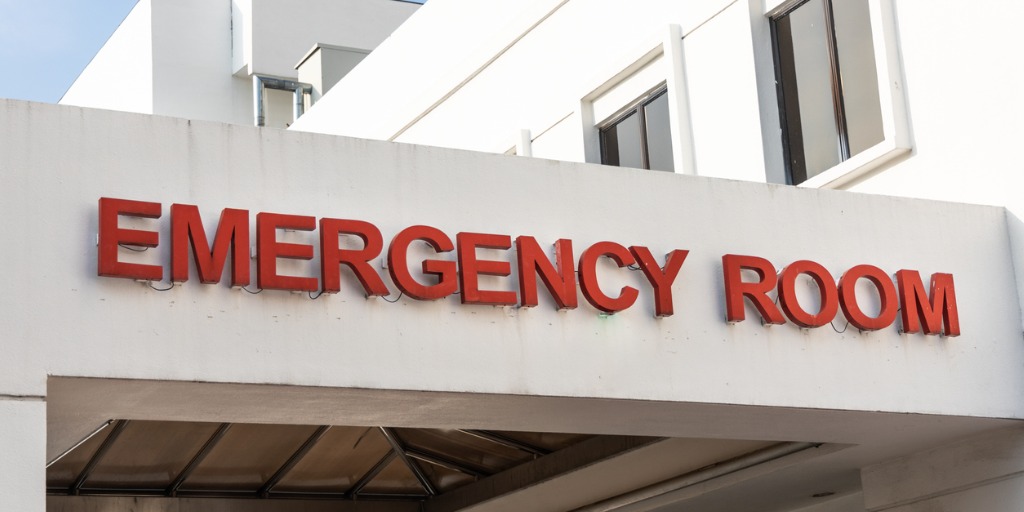How to determine if you should visit the emergency room
With the continued strain COVID has put on hospitals, emergency departments are experiencing longer wait times for incoming patients. In response, we want to provide guidance on when an emergency room is necessary and when it's best to consider other options. Continue reading to learn about more about the different ways you can receive care and which places suit the different conditions and scenarios.
To ensure you receive the right care—at the right time—in the right place, the best way to avoid the emergency room for non-emergent conditions is to call your primary care physician during normal business hours. You can also be seen at a nearby limited services clinic or urgent care center.
Limited Services Clinics, like CVS Minute Clinic, can treat minor illnesses like upper respiratory infections, flu-like symptoms, sinus infections & congestion and more.
Urgent care centers can treat conditions such as:
- wounds that need stitches
- back pain/strain
- cold/flu
- upset stomach upset
- insect bites
- mild allergic reactions
- broken bones/sprains
- cuts and burns
Please note that your cost sharing will depend on where you go for services and the services you receive. You can find your cost sharing on your plan documents available on our secure member portal at allwaysmember.org or through the AllWays member app.
There also are a variety of virtual urgent care options, including On Demand from AllWays Health Partners (https://ondemand.allwayshealthpartners.org/). Virtual urgent care allows you to quickly speak with a provider, 24/7 from anywhere in the U.S. They can advise you about your condition, write a prescription and determine if in-person care is necessary.
You should only go to the nearest emergency room if you are experiencing one of the following life-threatening conditions:
- stroke
- severe burns
- fainting or collapsing
- difficulty breathing
- severe allergic reactions
- major trauma and injury
- heart attack/chest pain
- uncontrolled breathing
Seeking non-emergency care at places other than the emergency department ensures hospitals can provide immediate care for those with life-threatening conditions and that you’re provided with the best care experience.
